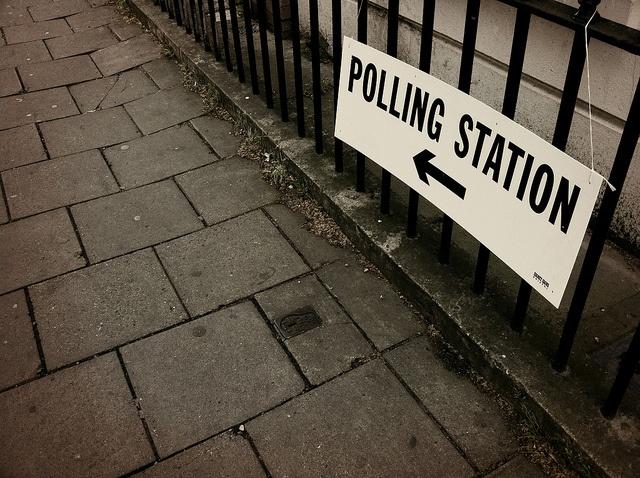
As the general election looms, who will be able to vote on Nov. 8 remains in question. Fifteen states are enacting new restrictions to deny those without a photo ID the right to vote. Of the more than a dozen states initiating these restrictions for the first time in the 2016 generals, six are swing states with major implications in the upcoming election.
Democrats, led by presidential nominee Hillary Clinton, are looking to enable those without photo IDs to vote in order to minimize voter discrimination, while Republicans aim to uphold the integrity of the election by preventing fraud. And while the battle between Democrats and Republicans persists in many states, courtrooms have recently shown a propensity to favor loosening such restrictions.
In the last few weeks, North Dakota and Texas — two through-and-through red states — and the battleground states of Wisconsin and North Carolina struck down legislation requiring voter ID, Fivethirtyeight reported on Wednesday. Alabama, Arizona, Georgia, Kansas and two crucial swing states -- Ohio and Virginia -- are all in talks to reverse their voter ID laws.
Real estate mogul and Republican presidential nominee Donald Trump is already saying that if he loses the election will be “rigged.” He told the Washington Post that if no voter ID laws are in place, “You can just keep voting and voting and voting.”
A comprehensive 2014 investigation from Loyola Law School professor Justin Levitt shows that Trump may have the wrong idea in assessing how much fraud actually takes place at the polls in the absence of strict voter ID laws. Levitt found 31 “credible incidents” of voter fraud in 1 billion ballots cast since 2000, making .000003 percent of all votes corrupt.
But Republicans, fearing a new wave of young and black voters following the 2008 election that saw the first African-American president take office, drew legislation to tighten the security of the polls. But critics say the legislation still in place in 15 states will reduce the participation of minority groups who tend to lean left.
“The enactment of strict voter ID laws tends to double or triple the gap in turnout between whites and racial and ethnic minorities,” Zoltan Hajnal of the University of California, San Diego told Fivethirtyeight.
Jonathan Brater, an attorney at NYU, was also critical of the law, saying: “It’s the biggest rollback of voting since Jim Crow.”
“The stricter laws, like those that require photo identification, seem to decrease turnout by about 2 percent as a share of the registered voter population,” concluded Fivethirtyeight editor Nate Silver. The statistical significance, Silver wrote, ranges depending on who is assessing the data.
A 2014 report from the Government Accountability Office found that the drop in voter turnout in Kansas and Tennessee — two states that tightened voter ID requirements from the 2008 to the 2012 elections — was 2 to 3 percent greater than states that didn’t tighten requirements.
Politico, citing the study, reported that the estimated reduction among black voters was almost 4 percent more than that of whites in Kansas. The report, which drew from 10 studies, found that 84 to 95 percent of registered voters have a license or state ID. But seven of the studies determined that blacks were less likely to own an ID.
Loosening voter ID laws will almost certainly boost Clinton’s chances to become the first female president in American history, seeing that she’s one of the chief lobbyists pushing for fewer restrictions. In an op-ed published in Wisconsin’s Journal Sentinel, she said the law “would unfairly target communities of color and prevent 300,000 mostly poor, elderly and student Wisconsinites from voting.”
Wisconsin, a state that listened to Clinton’s concerns and struck down its voter ID laws last week, is expected to go to Clinton in the election, according to Fivethirtyeight’s interactive prediction map. But it remains to be see if that prediction holds true.
Photo by John Keane/Flickr
Based in Atlanta, GA, Grant is a nonprofit professional and freelance writer passionate about affordable housing and finding sustainable approaches to international development. A proud graduate of the University of Maryland, Grant spent four months post-grad living in Armenia where he worked for Habitat for Humanity and the World Food Programme. He enjoys playing trivia with friends but is still seeking his first victory - he ceaselessly blames his friends lack of preparation.














